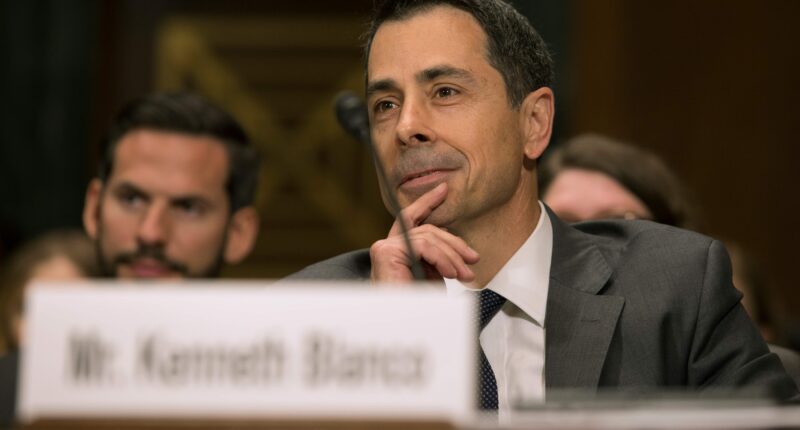Undeniably, Libra was the most hyped stablecoin this year. Speaking at the conference, FinCEN director publicly criticized stablecoin regardless of what’s backing it.
Stabelcoin is relatively a new class of digital assets designed to minimize the volatility of the price. Generally, the price of a stablecoin is backed by a reserve asset, but companies are also designing stablecoins which can be pegged to exchange-traded commodities, algorithms or basket of the reserve currency. FinCEN or Financial Crime Enforcement Network is a bureau of the U.S. Department of the Treasury that strives to remove money laundering and other financial crimes.
Speaking at Chainalysis Links conference in New York City on Friday, Director Kenneth Blanco shared his viewpoint on stablecoin. He said Stablecoin issuers are Money Transmitters;
“It does not matter if the stablecoin is backed by a currency, a commodity, or even an algorithm – the rules are the same,”
Blanco’s view is that stablecoin administrators should register as a Money Services Business (MSB) with FinCEN – it means that the MSBs are liable to follow federal know-your-customer (KYC) and AML laws under the Bank Secrecy Act.
On the other side of the coin, social media giant Facebook ensured regulators that its Libra token will be backed by a basket of reserve currency but regulators remained skeptical on Facebook’s entry into the financial world. Blanco’s technological standpoint shoots Facebook and its attempt to launch the Libra Project. He said “Just because you say, you are a banana doesn’t make you a banana” and continued stating that the concept of stablecoin is not new.
“FinCEN applies the same technology-neutral regulatory framework to any activity that provides the same functionality at the same level of risk, regardless of its label. It is not what you label it, it’s the activity you actually do that counts.”
In a nutshell, he said that stablecoins have no excuse for non-compliance. He also explained that FinCEN isn’t new to the stablecoin and cryptocurrency industry. In-fact the bureau released guidance in 2008 wherein it warned increasing public interest towards virtual assets.
Image Source – Flickr
Notice: Information contained herein is not and should not be construed as an offer, solicitation, or recommendation to buy or sell securities. The information has been obtained from sources we believe to be reliable; however no guarantee is made or implied with respect to its accuracy, timeliness, or completeness. Authors may own the crypto currency they discuss. The information and content are subject to change without notice. Visionary Financial and its affiliates do not provide investment, tax, legal or accounting advice. This material has been prepared for informational purposes only and is the opinion of the author, and is not intended to provide, and should not be relied on for, investment, tax, legal, accounting advice. You should consult your own investment, tax, legal and accounting advisors before engaging in any transaction. All content published by Visionary Financial is not an endorsement whatsoever. Visionary Financial was not compensated to submit this article Please also visit our Privacy policy; disclaimer; and terms and conditions page for further information.

